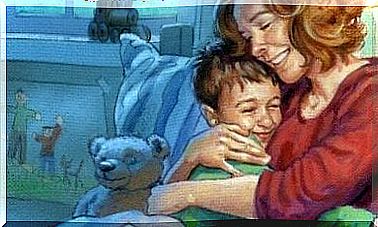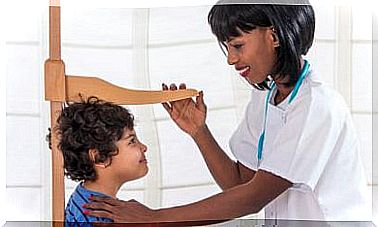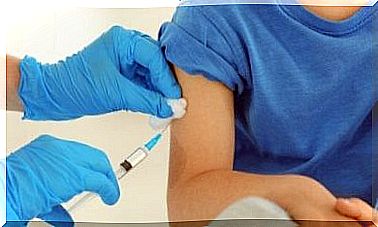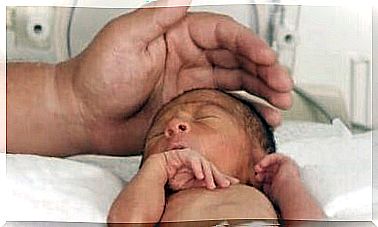Patau Syndrome Or Trisomy 13
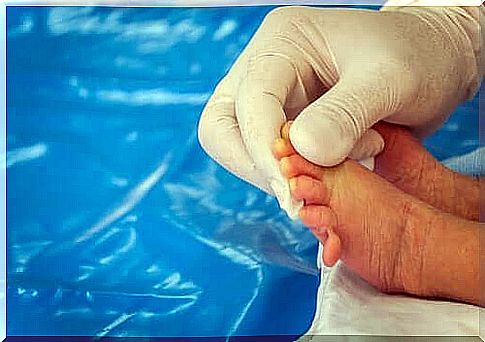
Patau syndrome, or trisomy 13, is caused by extra chromosome 13. All human nuclear cells, with the exception of gametes, typically have 46 chromosomes. People with Patau syndrome have 47 chromosomes. The syndrome is named after the German geneticist Klaus Patau, who described the trisomy of the thirteenth chromosome pair in 1960. It is a rare syndrome that affects one in 4,000 to 10,000 children.
Abnormalities caused by Patau syndrome
Patau syndrome may occur in whole or in part. However, depending on the severity of the syndrome, the disease has a major impact on the life expectancy of the baby and often results in severe abnormalities. Trisomy 13 can be caused e.g. the following types of deviations:
- Genital abnormalities
- Severe mental retardation
- Kidney cysts
- Incorrect position of internal organs, for example the heart on the right side of the chest
- Hernia
- Cleft lip or palate
- Deformities of the brain or heart
- Deformities of the hands, ears or bones
- Small and close eyes
- Toes or fingers
- Visual disturbances and hearing problems
- Sleep apnea
- Different scenes
Although this syndrome is not a hereditary disease, it is more common in babies whose mothers are over 35 years of age. Unfortunately, the prognosis for Patau syndrome is not very positive, as about 80% of babies with Patau syndrome do not live to more than one month of age, due to the serious deformities and complications caused by the disease.
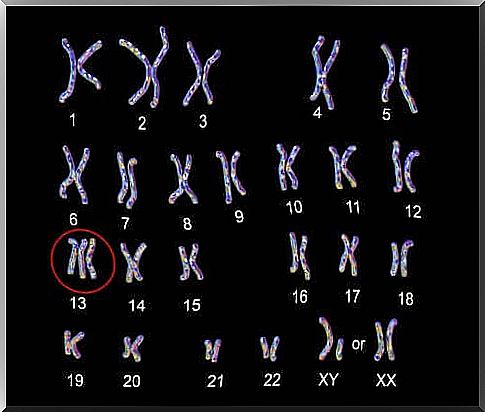
Can Patau Syndrome be prevented?
Unfortunately, Patau syndrome is impossible to prevent. Instead, chromosome studies can detect the disease in early pregnancy. Parents who have had a baby who became ill with Patau’s syndrome are usually instructed to apply for genetic testing themselves in order to reduce their risk of having another child who suffers from this same serious syndrome.
Diagnosis of Patau Syndrome
After the 15th week of pregnancy, it is possible to do studies to see if the baby has certain chromosomal aberrations or not. If the mother does not participate in the examinations during pregnancy, Patau’s syndrome can be diagnosed by a perinatologist immediately after the birth of the baby.
It is important that all women undergo regular examinations during pregnancy. This is especially important if a woman is having her first child over the age of 35. To investigate possible genetic changes during pregnancy, Obstetricians can use the following methods:
- Obstetric abdominal ultrasound. This is a completely painless and external method commonly used by women during pregnancy.
- Chromosome mapping or karyoptype examination. For this experiment, cells from placental tissue are taken from the fetus. The cells are biopsied to show for the presence of possible genetic diseases.
- Anemone research. This test involves obtaining fluid from the uterine sac.
- Cordocentesis. For this test, a test sample is taken by puncturing one of the umbilical cord blood vessels.
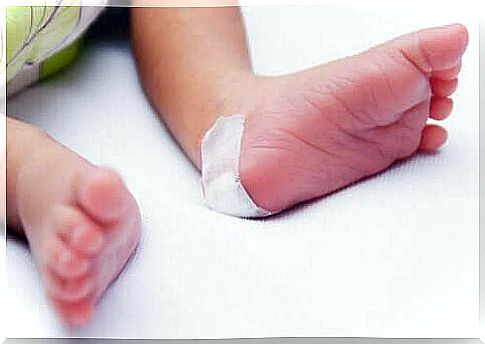
Treatment of Patau syndrome
The treatment for this syndrome is to give personal attention as well as the necessary care to each child on a case-by-case basis. The treatment a child needs depends on what physical deformities, as well as other problems the disease is causing them. In general, however, the most common cause of death in children with Patau syndrome is heart problems.
Currently, there are ethical issues as to whether babies with Patau syndrome should have a longer life if it is known that their life expectancy does not exceed the first weeks after birth. In addition, many people wonder whether it is worthwhile to expose these seriously ill babies to major surgeries. For some, these actions unfortunately only prolong parental pain, as well as the child’s own pain with symptoms.
Undoubtedly, however, it is certain that all babies born in this condition will need medical help right from birth to make their condition medically easier. In addition, parents need guidance on providing the palliative care their baby needs, from both a physical and emotional perspective.
Fortunately, Patau syndrome is a rare disease and has a very low incidence. Parents who have had to go through the painful task of caring for a baby with this type of syndrome should never hesitate to seek professional advice. It is understandable that parents also need support as well as professional help to help themselves gradually get out of the pain caused by their own child’s death.
